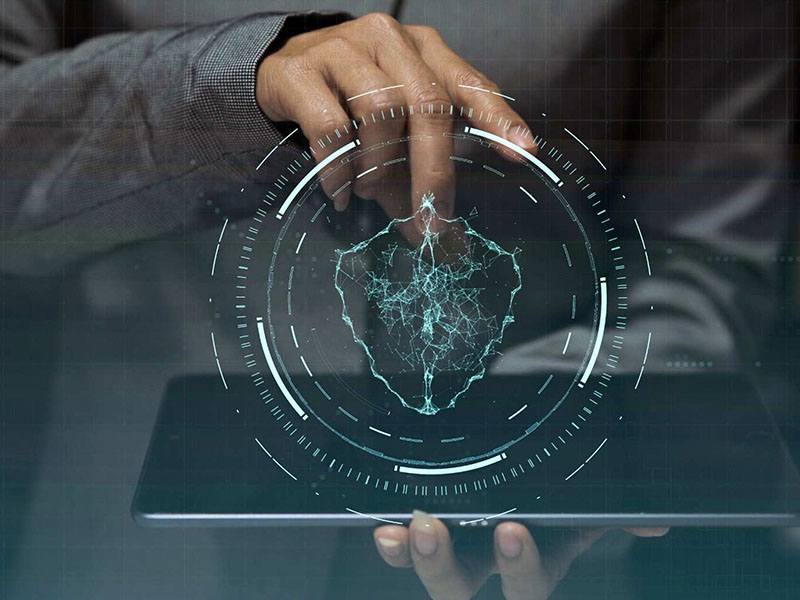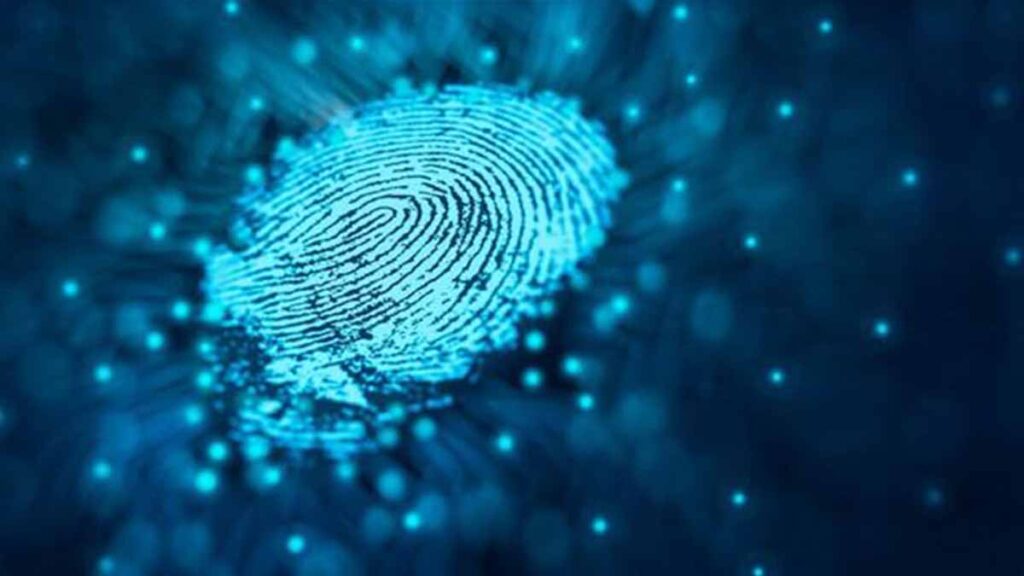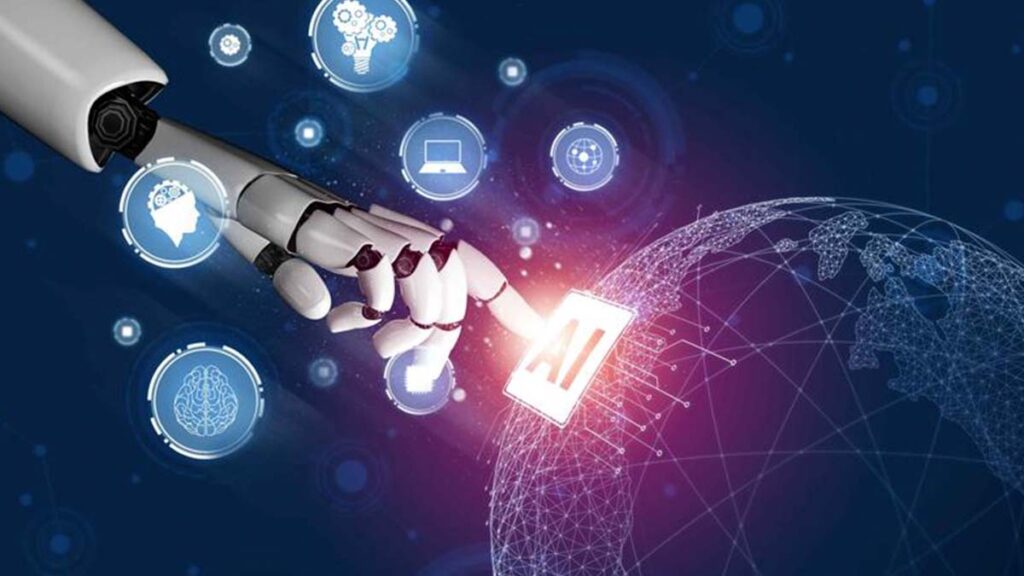The privacy of biological data has become an essential question in the era of digital changes. With progress in genomics, biometrics and health tracking techniques, the need to ensure sensitive biological information has never been more pressure. Cybercriminals increasingly target biometric databases, DNA records, and healthcare systems, making biological data privacy the next frontier in cybersecurity challenges
What is Biological Data Privacy?
Biological data privacy protects sensitive biological and biometric information from unauthorized access, breaches, and misuse. This includes DNA sequences, fingerprints, facial recognition data and medical records, all of which can be exploited if not adequately secured. Given the rising dependence on biometric authentication in financial transactions, border security, and healthcare, ensuring robust cybersecurity measures is paramount

Why is Biological Data Privacy Important?
Unlike passwords, biological data is unique to people and cannot be transformed once compromised. If a hacker gains access to someone’s DNA information or facial recognition data, the consequences can be severe, including identity theft, genetic discrimination and unauthorized surveillance. Protecting biological data ensures:
- Preventing Identity Theft: Stolen biometric data allows hackers to impersonate people.
- Protection Against Genetic Discrimination: People can misuse genetic information for Unfair reasons.
- Safeguarding Personal Autonomy: Individuals should have control over their biological data without unauthorized exploitation.
- Ensuring Data Integrity: By protecting biological data, modification is avoided, which could end up in incorrect medical diagnosis or treatment recommendations.
- National Security Concerns: Government and defence agencies store biometric data for security purposes, making protection essential to prevent espionage or sabotage
Cyber Security Challenges in Biological Data Privacy
Data Breaches in Biotech And Healthcare Industries
Healthcare and biotech industries store large amounts of biological data, making them prime targets for cyberattacks. For example, the 2020 GEDmatch breach exposed sensitive genetic data, resulting in financial losses and a loss of trust in medical research.
Weak or Insufficient Encryption Practices
Many databases storing biological information do not implement advanced encryption techniques. Without strong encryption, biological data is susceptible to unauthorized access and exploitation. Hackers can intercept unprotected transmissions of biological data between hospitals, research labs and government agencies, leading to mass-scale privacy violations.
Insider Threats
Individuals who have access to critical biological data could misuse or leak information. Insider threats are particularly challenging to mitigate as they often involve trusted individuals within an organization. Companies must ensure strict employee access control and conduct background checks to prevent data leaks from within.
Inadequate Regulatory Frameworks
Unlike financial data biological data lacks global regulations. While GDPR and HIPAA offer some protection but gaps remain with many countries lacking laws on DNA databases and facial recognition, leaving room for misuse.
Advancements in AI and Deepfake Technology
AI driven cyberattacks can manipulate biometric data leading to sophisticated identity fraud. Deepfake technology can replicate facial recognition patterns, making it easier for criminals to bypass security systems. Cybercriminals can also use AI to predict genetic traits from DNA sequences, leading to potential health insurance fraud or unauthorized genetic profiling.
Third-Party Data Sharing Risks
Genetic testing companies share data to third parties like pharma firms and law enforcement. While this helps research and crime-solving, it also raises risks of misuse and breaches. Many users give DNA samples without knowing how their data will be stored or used long-term.
Key Strategies to Strengthen Biological Data Privacy
To secure biological data both organizations and individuals should strengthen their cyber security measures. Here are some key best practices
Implement Multi-Factor Authentication (MFA)
Using multiple layers of authentication including biometrics, passwords and security tokens can add an extra layer of protection. Combining biometric authentication with other security measures ensures that a single data breach does not expose critical personal information.
Advanced Encryption for Biological Databases
Encrypting biological data using homomorphic encryption and quantum cryptography can prevent unauthorized access. Homomorphic encryption allows computations on encrypted data without decryption protecting sensitive biological information.
Regular Cybersecurity Audits
Regular security audits and penetration testing help identify flaws and address risks before they become problems. Organizations handling biological data must invest in cybersecurity firms that protect medical and genetic data.
Strict Access Controls and Monitoring
Restricting access to physical databases and using role based access control (RBAC) ensures that only authorized people can access sensitive information. AI-powered monitoring tools can track activities in real-time and help prevent insider threats.
Legislative Enhancements and Compliance
Governments and regulatory bodies must develop robust policies to enforce stringent data privacy laws. Compliance with GDPR, HIPAA and other regional regulations is essential for securing biological data. Introducing new biometric and DNA data privacy laws can further strengthen global protections.
Public Awareness and Ethical Usage
Educating individuals about biological data privacy risks and ethical considerations in data collection can prevent misuse and unauthorized sharing. Users should know the dangers of providing DNA samples for ancestry testing or using biometric authentication on unsecured platforms.
Decentralized Storage Solutions
Storing biological data on a blockchain-based decentralized system ensures that no single organization has full control over sensitive data. This method reduces the risk of large-scale data breaches by spreading encrypted data across multiple secure locations.
Future of Biological Data Privacy in Cybersecurity
As technology Advanced so do the threats to biological data privacy. Emerging solutions such as blockchain based data storage, decentralized identity verification and AI powered security frameworks will be crucial in securing sensitive biological information. Companies must invest in innovative security protocols to stay ahead of cybercriminals and protect individuals from data breaches.
Furthermore, global cooperation among governments, research institutions and cybersecurity experts is necessary to establish universal data privacy standards. Integrating biometric security with Advanced technology encryption technologies and improving international data-sharing regulations can safeguard the future of biological data privacy
Why choose Tek Leaders?
Tek Leaders is a trusted cybersecurity partner with a proven track record of delivering robust, scalable, and intelligent security solutions tailored to modern digital threats. Our expertise spans across industries, offering advanced threat detection, real-time monitoring, zero-trust architecture, and compliance-driven frameworks to safeguard sensitive data and critical infrastructure. With a focus on innovation, ethics, and end-to-end protection, we help organizations stay resilient against cyberattacks, ensure regulatory compliance, and build long-term digital trust
Conclusion
Biological data privacy is a growing cybersecurity challenge. With biometric authentication, DNA testing and digital healthcare on the rise, strong encryption and strict access controls are crucial. Protecting this data requires collaboration between governments, businesses and individuals


